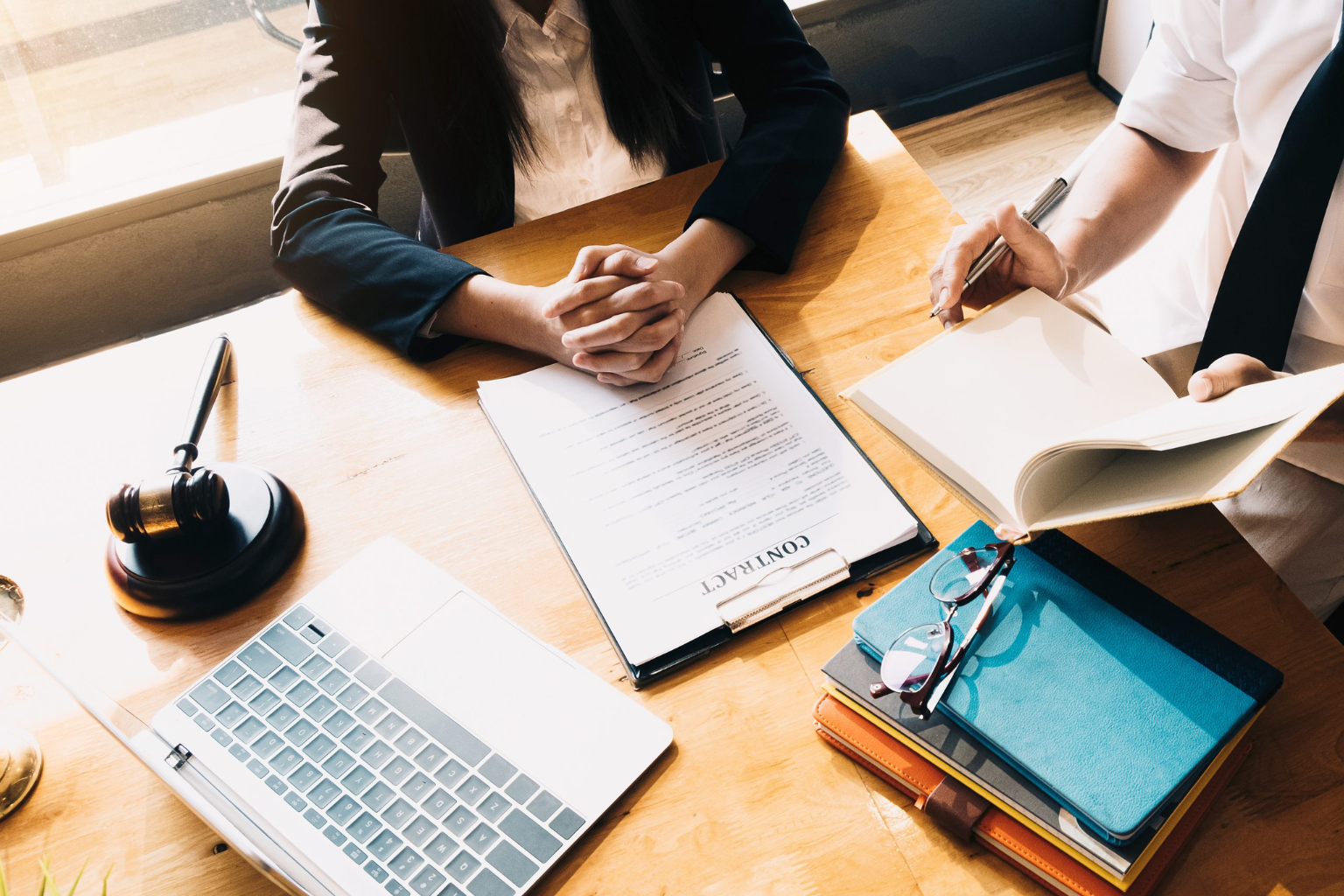Courtrooms aren’t quite like the TV dramas where someone delivers a fiery closing argument and suddenly wins the jury. In real life, trials and even pre-trial negotiations hinge on evidence, credibility, and the ability to explain complicated things in a way ordinary people can actually understand. That’s where expert witnesses step in—quietly, carefully, and often as the backbone of a case you may never even hear about unless you’re directly involved.
If you’ve ever sat in on a legal dispute (or maybe just read about one in the papers), you’ll know how tangled facts can get. Numbers, technical data, industry standards—things most of us glaze over when they’re explained in jargon. Yet those very details can determine outcomes worth millions of dollars. And this is exactly why Litigation support services have become such a lifeline for attorneys. They bridge that gap between raw data and courtroom storytelling, turning what seems like abstract confusion into something juries and judges can actually follow.
The Human Side of a Technical Role
People often think of expert witnesses as just specialists reading out charts. In truth, the best ones have to be half-teacher, half-translator. Imagine a structural engineer explaining why a building failed, or a medical professional unpacking years of patient records. They’re not simply rattling off technical terms—they’re bringing clarity to a mess of confusion.
That’s the magic. Experts provide more than credibility; they provide perspective. I’ve heard lawyers say that sometimes the most convincing moment of a case isn’t a big reveal of evidence, but an expert calmly explaining a concept so plainly that the jury nods along. It’s that rare clarity in a sea of cross-examination that sticks.
When the Stakes Are High
It’s easy to dismiss expert testimony as an “extra,” something only big firms can afford. But think of personal injury cases, business disputes, or product liability claims—these aren’t just legal squabbles; they’re moments that can reshape someone’s future. A single report from a Forensic expert witness provider can be the difference between a settlement and a drawn-out, costly battle.
For instance, in fraud cases, accountants don’t just crunch numbers. They find the story inside the data: the irregularities, the unexplained patterns, the missing pieces that scream foul play. In environmental disputes, scientists can trace contamination back to its source with the kind of precision lawyers alone could never achieve. Each case is unique, but the pattern is clear: experts often tip the scales of justice.
Beyond the Courtroom
One overlooked truth is that experts don’t only show up when trials start. They’re often brought in long before, reviewing records, preparing attorneys, even helping decide if a case is worth pursuing at all. Lawyers lean on them for strategy, not just testimony.
This behind-the-scenes influence is hard to appreciate unless you’ve seen it firsthand. Imagine gearing up for a lawsuit about a failed medical device. Before anyone even files, an expert reviews the product history, test results, and patient outcomes. Their assessment may reveal that pursuing the case is too weak—or that it’s stronger than anyone realized. That early insight can save years of wasted time.
The Challenge of Finding the Right Expert
Not every professional qualifies as an effective witness. You might be brilliant in your field, but explaining yourself to a jury that barely knows the subject is an entirely different skill. That’s why attorneys don’t just need someone with credentials; they need someone who can connect.
And here lies the tricky part—searching through directories, verifying credentials, ensuring neutrality. It’s not something lawyers like to gamble on. More and more firms now rely on specialized platforms or agencies where they can Find a certified expert witness without the constant fear of missing red flags. Certification matters because it filters out guesswork; it reassures the court that this isn’t just “any” professional, but someone who has been vetted to meet industry and legal standards.
Why Personality Matters as Much as Proof
There’s also the subtle factor of personality. A qualified expert who comes across as cold or arrogant might do more harm than good. Juries pick up on tone, judges sense overconfidence, and opposing counsel can tear apart someone who seems unrelatable. The most successful expert witnesses blend authority with approachability. They don’t try to impress—they try to teach.
This mix of confidence and clarity is harder to find than most people think. It’s part science, part art, and all about practice. And yes, sometimes, it’s about whether the expert can handle tough cross-examination without cracking under pressure.
The Growing Demand
If anything, the demand for expert witnesses is growing, not shrinking. As industries become more complex—think cybersecurity breaches, biotech patents, financial algorithms—the role of a clear, trusted interpreter grows right alongside. Lawyers can argue the law, but without someone to untangle the technical side, cases risk collapsing under their own complexity.
You can see this trend in the way firms advertise, too. Ten years ago, litigation firms rarely highlighted their expert witness networks. Now, it’s front and center, a selling point. That says something about how central experts have become to modern justice.
Closing Thoughts
At the end of the day, expert witnesses don’t just serve lawyers—they serve the truth. Their job is to cut through noise and shine a light where confusion reigns. Sure, trials will always be about arguments, precedents, and persuasion. But in a world where facts are increasingly technical, experts give those facts a human voice.

